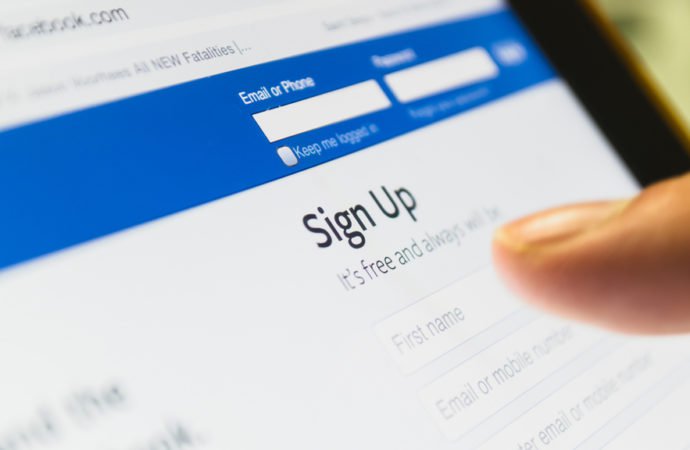News >> Sci-Tech
Police ask Facebook to require NID for new accounts
 14 Mar, 2017
14 Mar, 2017
'We want assistance from Facebook on information sharing,' said the AIG of police.
Bangladesh Police have requested Facebook authorities to require additional identification, including NID numbers, from Bangladeshis who want to sign up at the social networking website.
The proposition was raised on Monday during a bilateral meeting between Bangladesh Police and Facebook representatives on the sidelines of an ongoing conference of police chiefs of South Asia and neighbouring countries, being held in Dhaka.
Facebook Trust and Safety Manager Vikram Langeh attended the conference.
“Many countries have agreements with Facebook, but we do not have any official agreement or assistance deal with the social media platform yet. We will try to develop a working relationship with Facebook at this forum,” said Mohammad Moniruzzaman, assistant inspector general (confidential) of Police Headquarters.
“We want assistance from Facebook on information sharing as no other authority can help with this issue, except the service providers themselves,” the AIG said. Currently, police can collect information from mobile phone service providers if required.
Citing a recent study by Bangladesh Police, Moniruzzaman said around 82% of the arrested militant suspects were radicalised through social media platforms including Facebook.
The study was done on 250 militants arrested in the last two years.
According to the study, the majority of those who were radicalised through social media regularly used Facebook and Messenger while some used Twitter.
FB_Rashed-Nizam
Two Facebook officials (far right) join the police chiefs of 14 South Asian and neighbouring nations at the three-day Chiefs of Police Conference in Dhaka on Monday RASHED NIZAM
Furthermore, militants are also using encrypted media and encrypted communication tools for their internal communications.
A recent survey quoted by AIG Moniruzzaman at the conference says 92% arrestees involved with recent terror attacks had social media accounts.
Of them, 56% were influenced by online Jihadi videos, audio and articles, the paper, “Militancy Propaganda by Social Media and Its Effect in the Society,” says.
Militants are now moving away from mobile phones to online applications as their preferred medium of communication, police say.
“Militants today are very tech-savvy. They are using encrypted software for communication,” said Moniruzzaman.
According to the study, 40% of the arrestees had communicated internally using messaging apps like Threema, Telegram, WeChat, Chatsecure and Facebook Messenger. In total, 80% of the arrestees were influenced by social media content.
Responding to a query, the official said police would be careful not to violate Facebook users’ privacy, except in cases of a legitimate threat to national security.
“The moment you cross the line, our job begins,” he said, referring to users who use the network for planning terrorist activities.
‘Privacy must be protected’
Mustafa Jabbar, the president of Bangladesh Association of Software and Information Services (BASIS), told the Dhaka Tribune that he believed online identity verification was needed to prevent crimes.
“Facebook has become a repository of information. If they do not help the states, then they become helpless. So it is a good initiative, but we have to be careful about people’s privacy,” he said.
Nur Khan, acting executive director of the human rights organisation Ain o Salish Kendra, told the Dhaka tribune: “If Facebook agrees to this, then they will do this according to their rules and regulations. But we have to ensure that our privacy will not be hampered.
“Personal safety and information must be protected.”
Currently, over 20 million people use Facebook in Bangladesh.
In November 2015, the government blocked the site in the country for three weeks, after the death penalties of war criminals SQ Chowdhury and Ali Ahsan Mohammad Mujahid were upheld by Supreme Court.
Three ministers met with Facebook officials during the blackout to discuss cyber security, highlighting violence against women as a major concern.
Facebook authorities have so far blocked 87 accounts, pages and links following requests from Bangladesh government.
Currently, it takes 48 hours for Facebook to respond if any government asks to shut down certain Facebook pages.
In the last 18 months, the government has requested Facebook to block 196 accounts, pages or links related to violence, religious instigation and other objectionable matters.
Source: Dhaka Tribune

